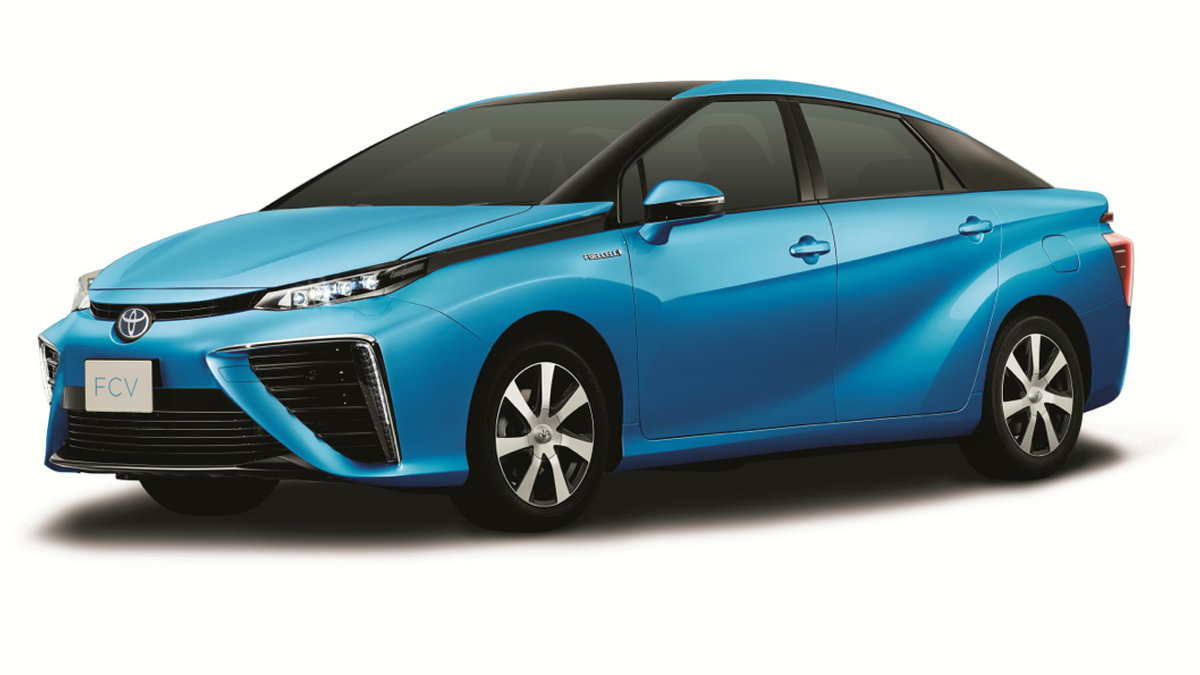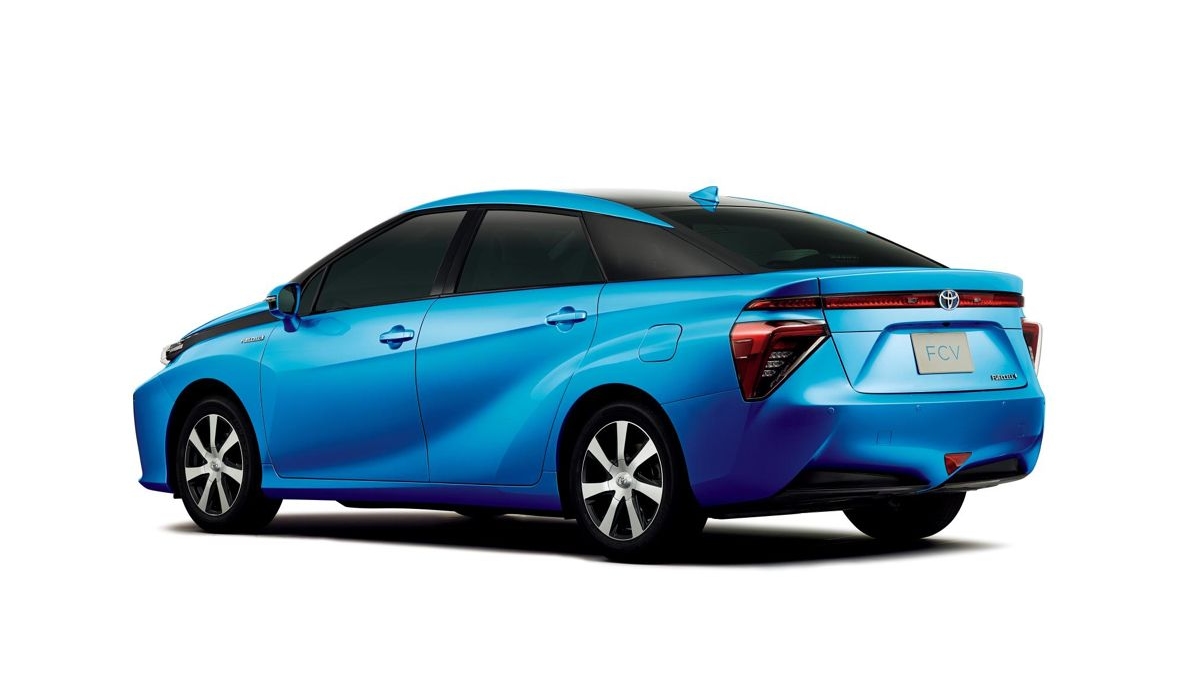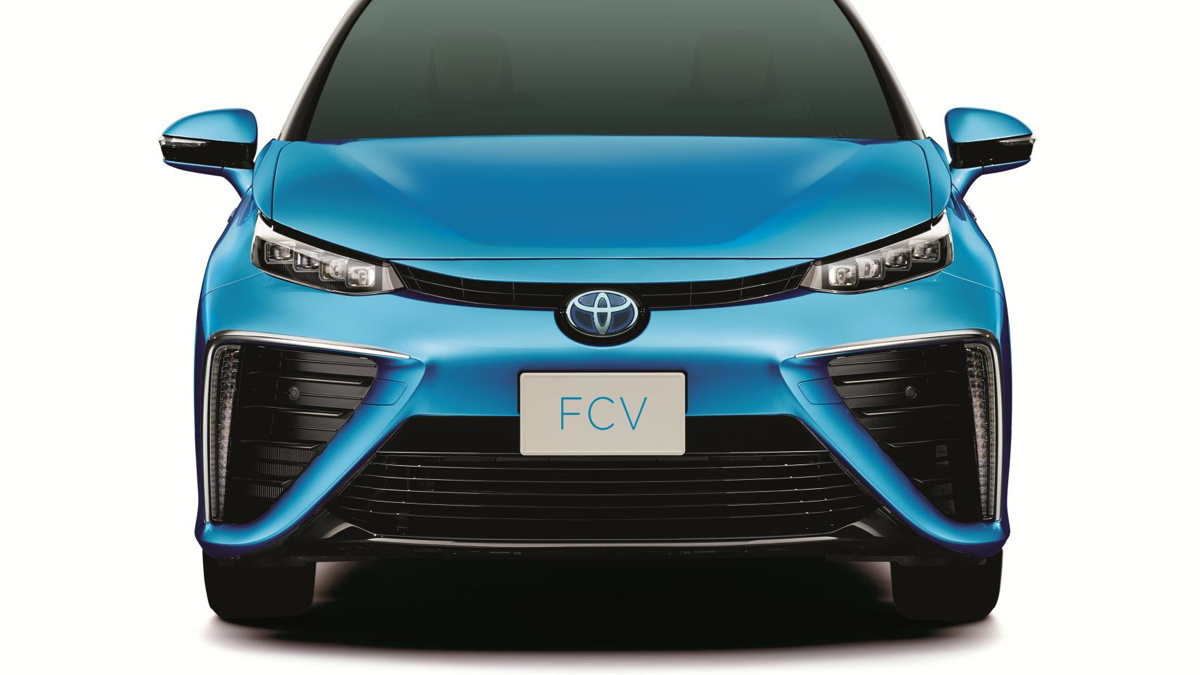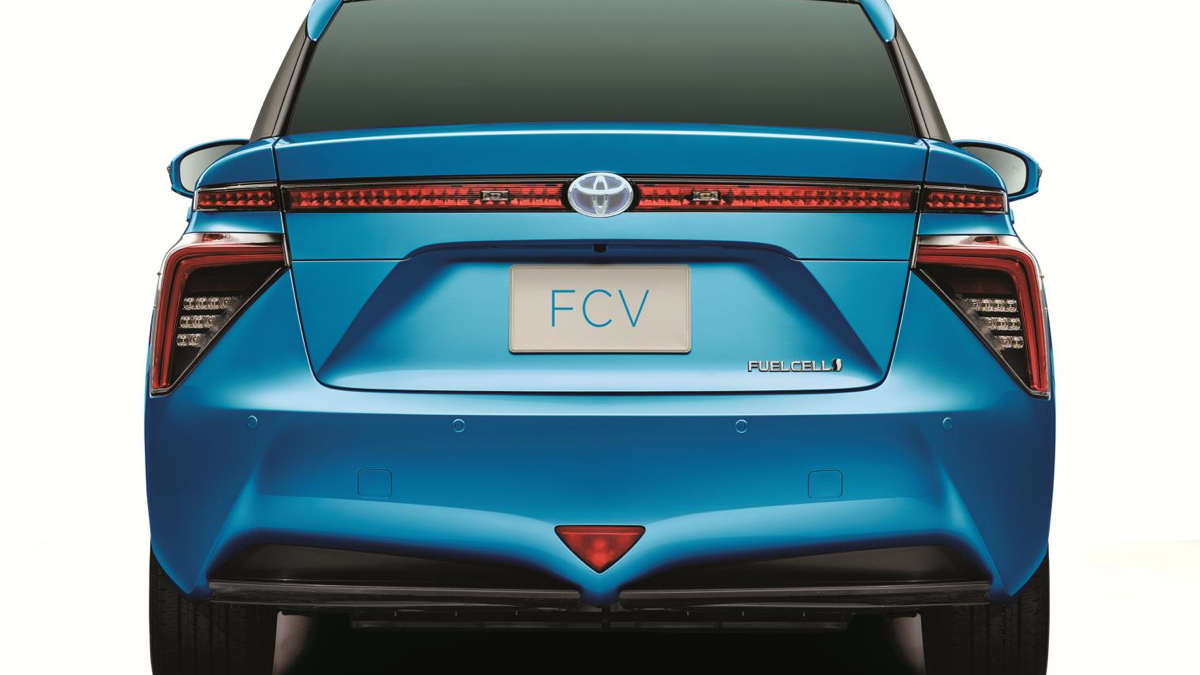Unfortunately for Toyota, one of those safety regulations for electric vehicles would prevent its upcoming fuel-cell sedan from driving after even a small fender-bender--so the company is seeking exemption for the vehicle.
According to Bloomberg, rule FMVSS No.305 requires automakers to isolate high-voltage parts in electric cars in the event of an accident.
The aim is to make the car safe for occupants and first-responders should the vehicle be involved in a crash.
Toyota though says its fuel-cell vehicle would be rendered inoperable in a low-speed crash if such a system was installed, and seeks a two-year exemption from legislators, allowing it to sell the vehicle in the States.
The company says its car will protect occupants and first-responders in a different way, insulating cables and surrounding components such as the fuel-cell stack, motor and battery with special metal protection barriers.
Toyota says electrical safety of its fuel-cell car will be at least "equivalent" to those meeting current NHTSA standards.
The vehicle is only expected to sell in small numbers too--Toyota is limiting deliveries to 2,500 units per year, following the model's introduction around April 2015.
The Japanese firm recently released photos of the production version of its fuel-cell sedan, following several years of concept cars.
In Japan, the car will cost approximately 7 million yen before tax--around $68,700 at current exchange rates.
_________________________________________

















